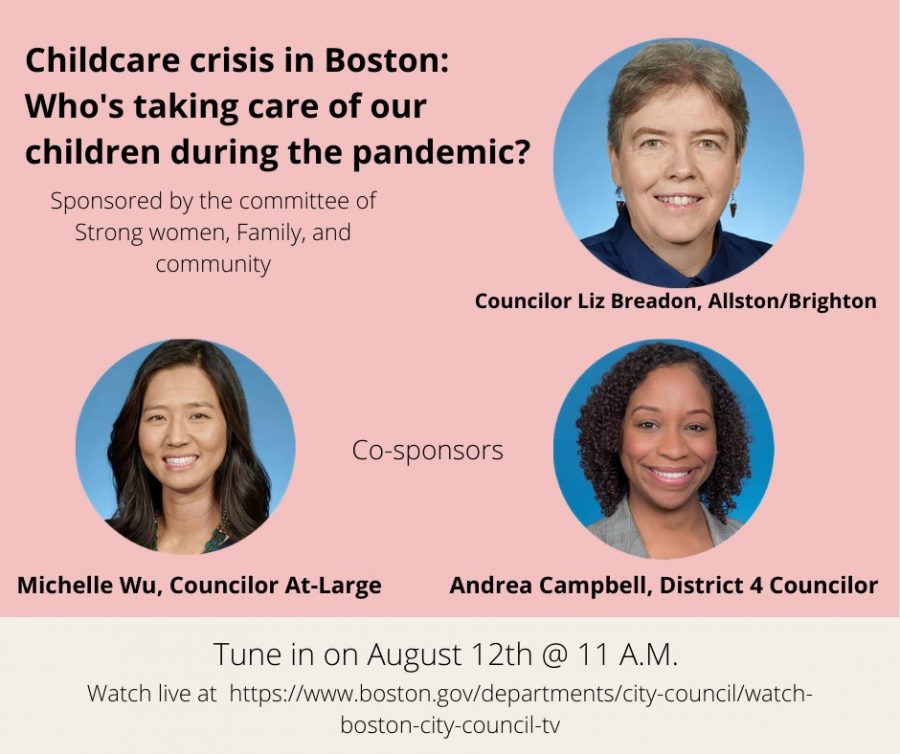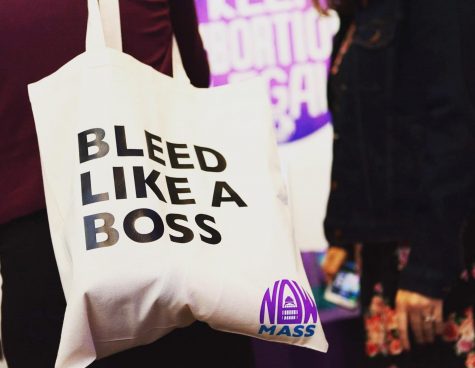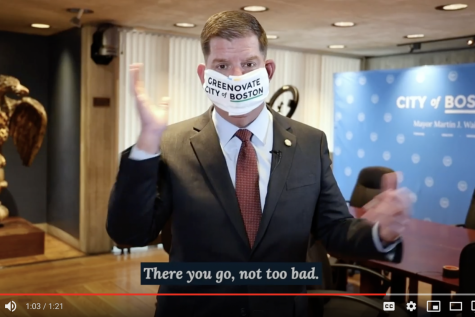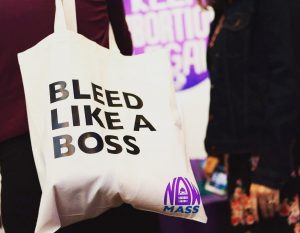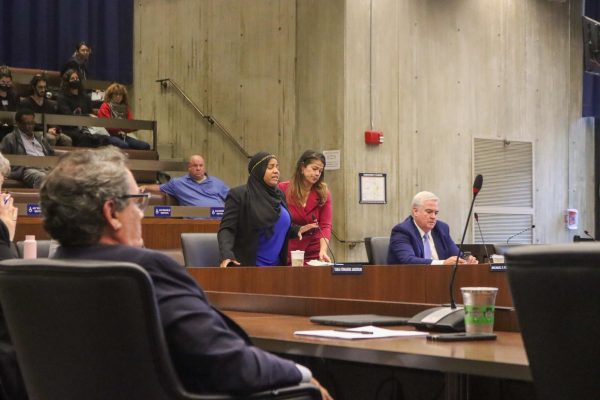Boston City Council hearing on Boston childcare crisis
August 13, 2020
The Boston City Council on Wednesday held a Committee on Strong Women, Families, and Communities hearing to come up with solutions for the “child care crisis” in Boston. The hearing was chaired by Councilor Liz Breadon and co-sponsored by Councilor At-Large Michelle Wu and District 4 Councilor Andrea Campbell. Docket #0824 was presented and discussed.
“My belief is that we are not even having the right conversations about the recovery and reopening that we cannot even pursue that kind of thinking unless we are first safeguarding and supporting access to quality child care,” said Wu.
The hearing was held via video-conferencing application Zoom. Child care experts and experts were present to share resources the City of Boston offers for those looking to be involved in the child care business to make child care more accessible and affordable to low income parents.
“The economics of child care means it is more financially prudent. For one, if a child has two parents, usually the woman gives up her job or even on a part-time basis to stay home,” said Breadon. “These are tough choices for families and the long-term cost for women are immense as they miss out on promotions and lose earning capacities which have long term and lifelong consequences, especially when they reach retirement.”
Pre-COVID, there had been seats available for only half of Boston children under five, Tania Del Rio, executive director of the mayor’s Office of Women’s Advancement said. “Families with children within the ages of three to five were telling us that child care was very difficult to find and that they were taking significant time off work just to find a seat”. As a result of economic hardship caused by COVID-19, Boston may have lost up to 22% to 35% of its permanent child care capacity, she added.
Del Rio said in an effort to supplement business skills for child care providers, her office piloted the Childcare Entrepreneur Fund to support 22 family child care owners with cash grants and workshops teaching them business skills and cooperative practices. The grant, she said, aims to solve the shortage of child care providers to make child care more affordable for Boston families. Thanks to the City’s new investments, her office will be able to support 75 entrepreneurs this year.
Del Rio also advocated for more reasonable wages for the childcare workforce, which she said consists mainly of women, people of color and immigrants, so they can continue to provide high quality care and education for children.
Councilor Campbell said she wants the city to coordinate all the resources that exist and make it public so parents can go on the City Council’s website and see what is available to them while Council Kenzie Bok is concerned about how many daycare workers often are working without a license. She hopes to bring support to these workers to receive licenses in this time where there are more barriers to access licensature.
Parents and child care providers are invited to the hearing to give their insight on the matter.
“The daycare system has not been working and you guys testified to that fact. It doesn’t work for people like me because it is very expensive,” said parent of four Mila Montero. “I had to rely on the unlicensed care of relatives and it works for a while but my kids are not getting the school readiness skills that they need from license child care providers.”
“Sadly we are a dying business, child care businesses are rapidly closing down especially now after the COVID pandemic,” said Siobha Mccue, a child care provider. “It’s time to start grants for young mothers and women interested in the field.”
“We have a lot of solutions and ideas to work with to do our part in helping ease the pain with respect of this crisis while also allocating a portion of the federal government to really set the money necessary to help bail out this industry which is critically important to our children’s welfare and to our economic recovery,” concluded Council Campbell in the hearing’s last statement.

